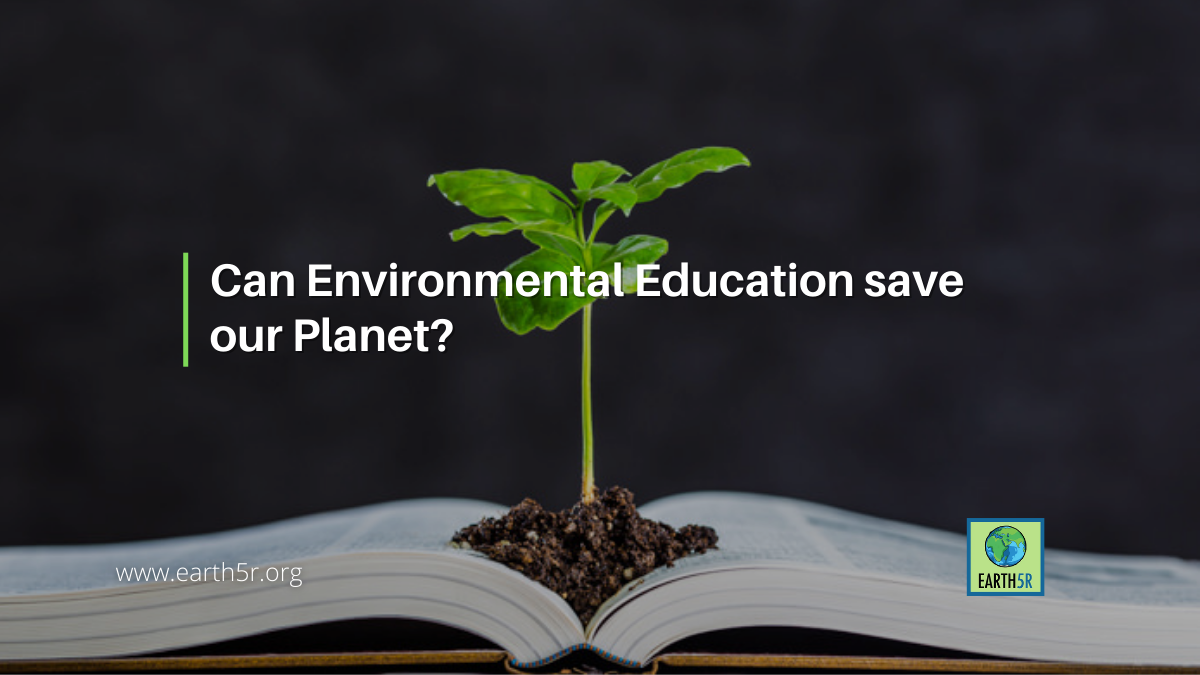Environmental Education (EE) is a process in which individuals gain awareness of their environment and acquire knowledge, skills, values, experiences, and determination, enabling them to act – individually and collectively – to solve present and future environmental problems.
EE is a complex process, covering not just events but also a solid underlying approach to society building. EE provides people with the awareness needed to build partnerships, understand NGO activities, develop participatory approaches to urban planning, and ensure future markets for eco-business.
Environmental education aims to produce a citizenry knowledgeable about the biophysical environment and its associated problems, aware of how to help solve these problems, and motivated to work toward their solution. STAPP, W.B., ET AL. (1969). THE CONCEPT OF ENVIRONMENTAL EDUCATION. JOURNAL OF ENVIRONMENTAL EDUCATION, 1(1), 30-31.THE COMPONENTS OF ENVIRONMENTAL EDUCATION ARE:
Environmental education is a learning process that increases people’s knowledge and awareness about the environment and associated challenges, develops the necessary skills and expertise to address the challenges and fosters attitudes, motivations, and commitments to make informed decisions and take responsible action (UNESCO, Tbilisi Declaration, 1978).

Environmental education enhances critical thinking, problem-solving, and effective decision-making skills and teaches individuals to weigh various sides of an environmental issue to make informed and responsible decisions. Environmental education does not advocate a particular viewpoint or course of action.
The components of environmental education are:
- Awareness and sensitivity to the environment and environmental challenges
- Knowledge and understanding of the environment and environmental challenges
- Attitudes of concern for the environment and motivation to improve or maintain environmental quality
- Skills to identify and help resolve environmental challenges
- Participation in activities that lead to the resolution of environmental challenges
Sources: United States Environmental Protection Agency, gdrc.org
The Importance of Environmental Education
Environmental Education (EE) is a transformative process that fosters awareness and understanding of environmental challenges while equipping individuals with the skills and motivation to address them. EE empowers people to act responsibly toward environmental conservation and sustainability. By integrating critical thinking and problem-solving into its core, EE enables informed decision-making without advocating for specific ideologies.
It encourages active participation in environmental restoration, promotes eco-friendly lifestyles, and fosters partnerships for sustainable development. As a cornerstone for societal progress, EE builds resilience by addressing pressing issues like climate change, biodiversity loss, and pollution, ensuring a sustainable future for generations to come.
Learn more about Earth5r



